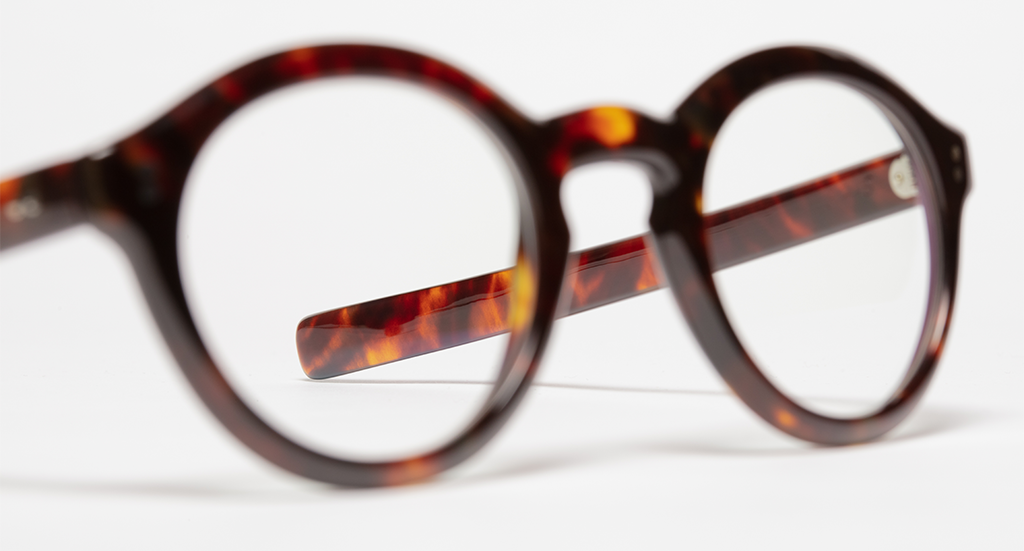Circular Fashion
Neem – the antiseptic to fast fashion
Neem – Our favourite circular fashion brand from the UK

»When you touch Neem fabric, it should be as soft, elegant and ideally as pleasant to touch as normal cotton.«

What happened in your life before you started Neem?
Menswear has shaped my whole career. I studied fashion at Leeds University and then I worked for Debenhams, a larger retailer, for a couple of years. After that I joined the men’s fashion brand Charles Tyrwhitt when it was in its start-up phase and stayed there actually for 16 years.
That was certainly quite a ride?!
Definitely (smiles). I developed the product categories together with the founders and later on I was responsible for purchasing, supply chains, design and the brand. And while time passed, we were able to turn this little start up into a brand that turned over more than 220 million when I left. Then I moved to the fashion brand Moss Bros. to modernize and revitalize it. So, in a nutshell, these were my first 20 years in the fashion industry.




What were your key insights from that time?
In these 20 years, I have noticed that people entering the business care less about the second level where the product was made, or even the third level, where it was spun, and of course the fourth level, where it was grown. And also, in the context of the pandemic, I noticed that the way some retailers responded to the problem, but some also reacted quite aggressively as they were pushing the problems into the supply chain. Retailers took responsibility for the product up to the point where it was manufactured but didn’t take it for the product after that.
It was also frustrating to witness the increase in synthetic fibres just for the sake of increasing the margins and there was and still is in the fashion industry not much serious discussion about the general impact of it all, quite frankly speaking. So, I decided to turn my back on that and founded Neem to come up with a brand that is truly circular with low impact from day one.


When was Neem launched?
We started working on the brand in 2020 and the market entry was in October 2021. The supply chain was quite a challenge to source because we only work with manufacturers that use renewable energy. Either they have to be powered by more than 50% renewable energy, and that applies to garment manufacturing as well as weaving, knitting, spinning, and that took time.
Also, at that time, in 2020, recycled yarns were still quite young, and I wanted to create a product that was elegant and comfortable. Achieving that with recycled yarns was quite a task. So, we had to work closely with both the spinners in Spain and the weavers in northern Italy to develop fabric constructions and finishes. In the end, when you touch Neem fabric, it should be as soft, elegant and ideally as pleasant to touch as normal cotton.
What are the intervals at which new products are launched?
Our aim is to develop a product that can be worn sort of nearly all year round. When we started, we generally developed tops and we didn’t tend to do very heavy weight garments, but we will be launching a jacket this year and trousers. Of course, we tend to favour more flannels in autumn and winter and more pop blends and lighter brush twirls in spring and summer. But I’m amazed to see how many flannels we sold as well in July or August last year, by the way.


What does Neem offer beyond amazing clothes to stand out?
To prove to our customers that a circular economy brand like ours must and should be able to do more, we not only connect our customers to a repair service for their old garments, but we also offer a portion of the resale value and a £30 credit for any old Neem shirts that are returned to us.
Plus, our customers can also return old clothes from other brands to us. If they are made of 100% wool or cotton, they also receive a £30 shopping voucher. In this way, the circular economy philosophy makes sense for everyone involved – even in after-sales.





How has Neem developed since its launch three years ago?
I’m happy that we’re growing and that we’re profitable, but I’d like it to grow at a faster rate, because in order for us to have an impact on the industry, we can only do that through selling more, of course. At the moment, we are focusing on improving processes and building brand awareness. We definitely won’t get bored (smiles).
Thank you, Nick!






Join our Community